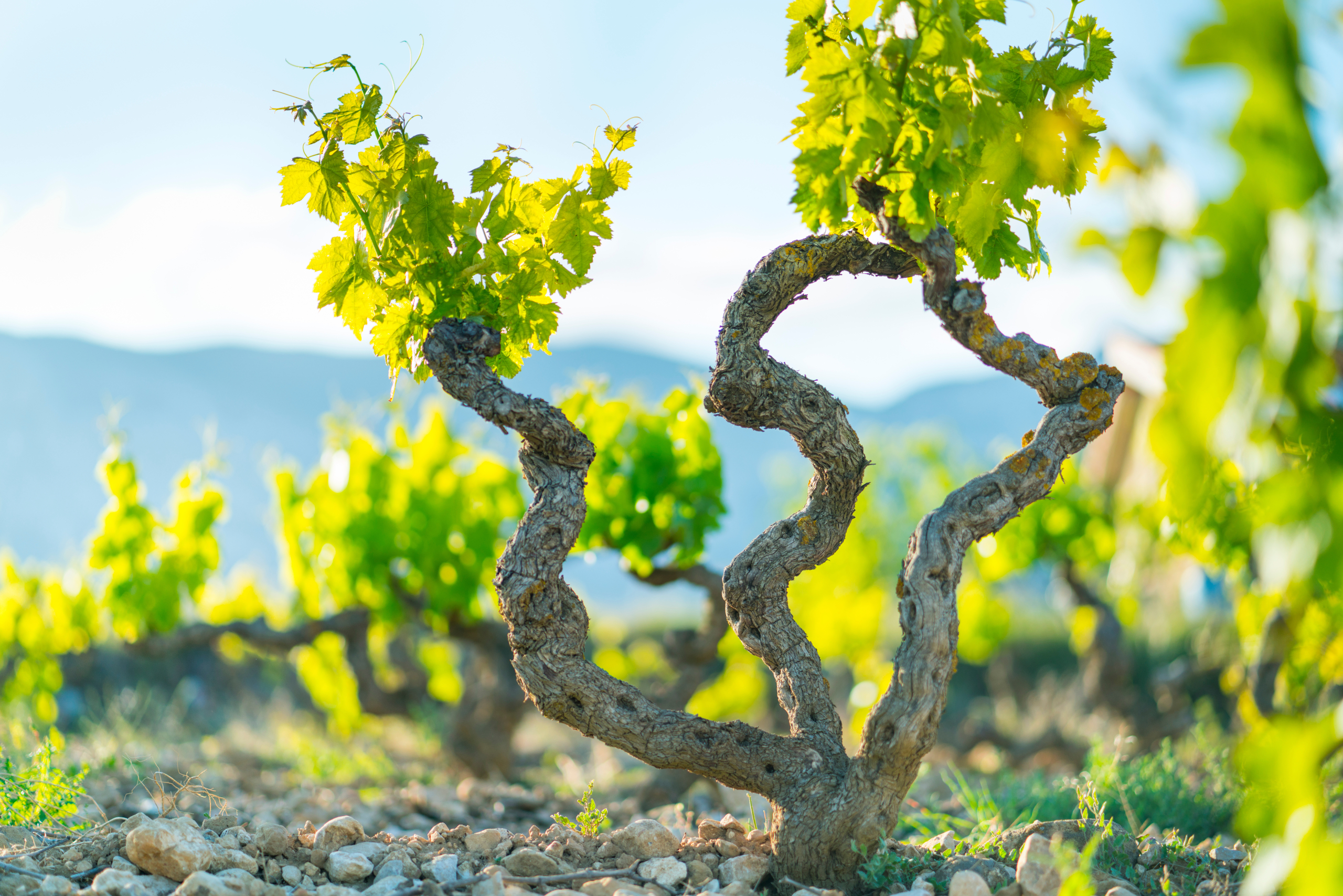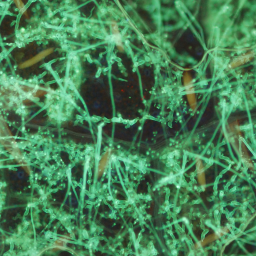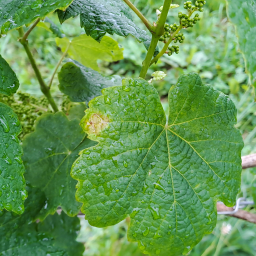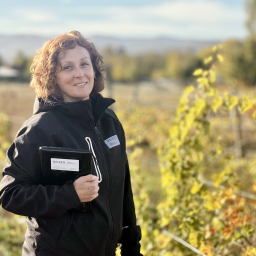NEW
NEIKER reinforces its European leadership in sustainable viticulture with 3 new projects
22 May 2025- The technology centre is participating in three new European initiatives focused on contributing to the competitiveness of wineries, the sustainability of the territory and the international positioning of Rioja Alavesa.
- These are the e-Rigation and POLITA projects, from the INTERREG SUDOE call, and the VinAE initiative, from ERA-NET Agroecology, financed by the AEI.
- This line of work is part of the strategy of the Department of Food, Rural Development, Agriculture and Fisheries of the Basque Government, which is committed to an innovative, sustainable agri-food model adapted to the new climatic challenges.
The increase of average temperatures, irregular rainfall and the greater frequency of extreme weather events are directly affecting wine production, forcing a review of both agronomic practices and adaptation strategies in the sector. In this context, the development of applied scientific solutions becomes essential to ensure the sustainability of vineyards and the resilience of plots.
The impact of climate change is clearly felt in territories such as the Rioja Alavesa, where vine cultivation not only represents one of the main economic drivers of the region, but also an essential part of the landscape and cultural identity. Alterations in the ripening calendar, changes in the aromatic profile of wines and water stress affecting the vines are clear signs of a rapidly changing environment that requires coordinated responses.
To address these challenges, the technology center NEIKER, an entity under the Department of Food, Rural Development, Agriculture and Fisheries of the Basque Government, has achieved three new European projects focused on the efficient use of water, the promotion of biodiversity and the incorporation of agroecological practices in the management of vineyards.
Specifically, these are two projects of the INTERREG SUDOE call, e-Rigation (159,375 euros) and POLITA (185,900 euros), and one of ERA-NET Agroecology, VinAE (147,500 euros).
In the words of Olatz Unamunzaga, CEO of NEIKER, “with this new European funding, NEIKER reinforces its role as a key player in the transformation of the wine sector, combining science of excellence with a deep vocation for transfer and proximity. We seek to contribute to the competitiveness of wineries, the sustainability of the territory and the international positioning of Rioja Alavesa as an example of innovative viticulture, connected to the land and committed to the future”.
Weather stations in vineyards
The first initiative, called e-Rigation and led by NEIKER, aims to improve water use efficiency in the agricultural sector, a priority challenge in southwestern Europe, where water scarcity is increasing as a result of rising temperatures and reduced rainfall.
The e-Rigation project will develop and test an innovative approach to efficient water use management (e.g. efficient irrigation), based on networks of virtual weather stations, which will reduce the impact of agricultural activities on the water system of the Sudoe area and favor adaptation to a context of progressive water scarcity. A system for training producers and raising the awareness of water resource managers will also be set up. It is planned to monitor vineyard plots in order to improve the efficiency of water use related to the implementation of phytosanitary applications.
“To feed this tool, high-resolution meteorological data interpolation systems (virtual weather stations) will be developed in real farms in different areas of southwestern Europe, which will allow the collection of high-precision agro-climatic data at plot scale, necessary to adjust irrigation recommendations and certain phytosanitary applications to the specific conditions of each crop,” explains Gorka Landeras, researcher at NEIKER’s Plant Production and Protection Department.
Insects to control plagues and minimize chemical treatments
The second project, POLITA, also led by NEIKER, is focused on promoting biodiversity in vineyards and apple orchards with the aim of strengthening the ecological balance in these agroecosystems. The initiative seeks to favor the presence of beneficial insects, such as pollinators or natural predators of pests, which contribute to control phytosanitary problems naturally and to keep crops healthier with less dependence on chemical treatments.
To this end, bands, islands or small green corridors will be created to serve as shelter and food for these insects. Also, less intensive forms of management will be tested, more respectful of the environment, soil and vegetation.
Ana Diez, researcher at NEIKER’s Plant Production and Protection Department, assures that the initiative seeks to “promote a more balanced and stable production model that allows crops to maintain themselves in better conditions, with a minimum need for external inputs and where nature acts as an ally”.
Agroecological practices
The third project, called VinAE, seeks to create a network of pilot vineyards in five producing countries -Spain, France, Italy, Portugal and Turkey- where sustainable agro-environmental practices are tested and improved, such as the implementation of plant covers with the capacity to reduce pest pressure naturally, the use of bioinoculums based on synthetic communities of microorganisms and transplants of healthy native soils that promote soil biodiversity.
These techniques will seek to reinforce environmental aspects such as biodiversity, water regulation and carbon sequestration, but will also take into account socioeconomic aspects and their influence on grape quality.
“Through a participatory and co-creation strategy, these practices will be shared with the agents of the wine sector themselves, adapting them to the specific conditions of each territory and promoting a more direct and effective knowledge transfer model,” says Lur Epelde, researcher at NEIKER’s Natural Resources Conservation Department
A consolidated trajectory
These European initiatives allow NEIKER to work at the highest level with European research centers in the field, ensuring that the solutions and strategies developed are cutting-edge and aligned with international best practices.
In addition, they join five other European projects currently underway at the center (SeaWines, Grape-Breed, Iswine, Vitisad-II and An-Gel), all focused on responding to the challenges posed by climate change in viticulture and moving towards a more sustainable agriculture.
More than two decades of experience in viticultural research support NEIKER, which collaborates closely with agents in the sector, both in the Basque Country and internationally, so that the knowledge generated reaches professionals in the sector and translates into real improvements. This line of work is part of the Basque Government’s strategy, which is committed to an innovative, sustainable agri-food model adapted to the new climatic challenges.






